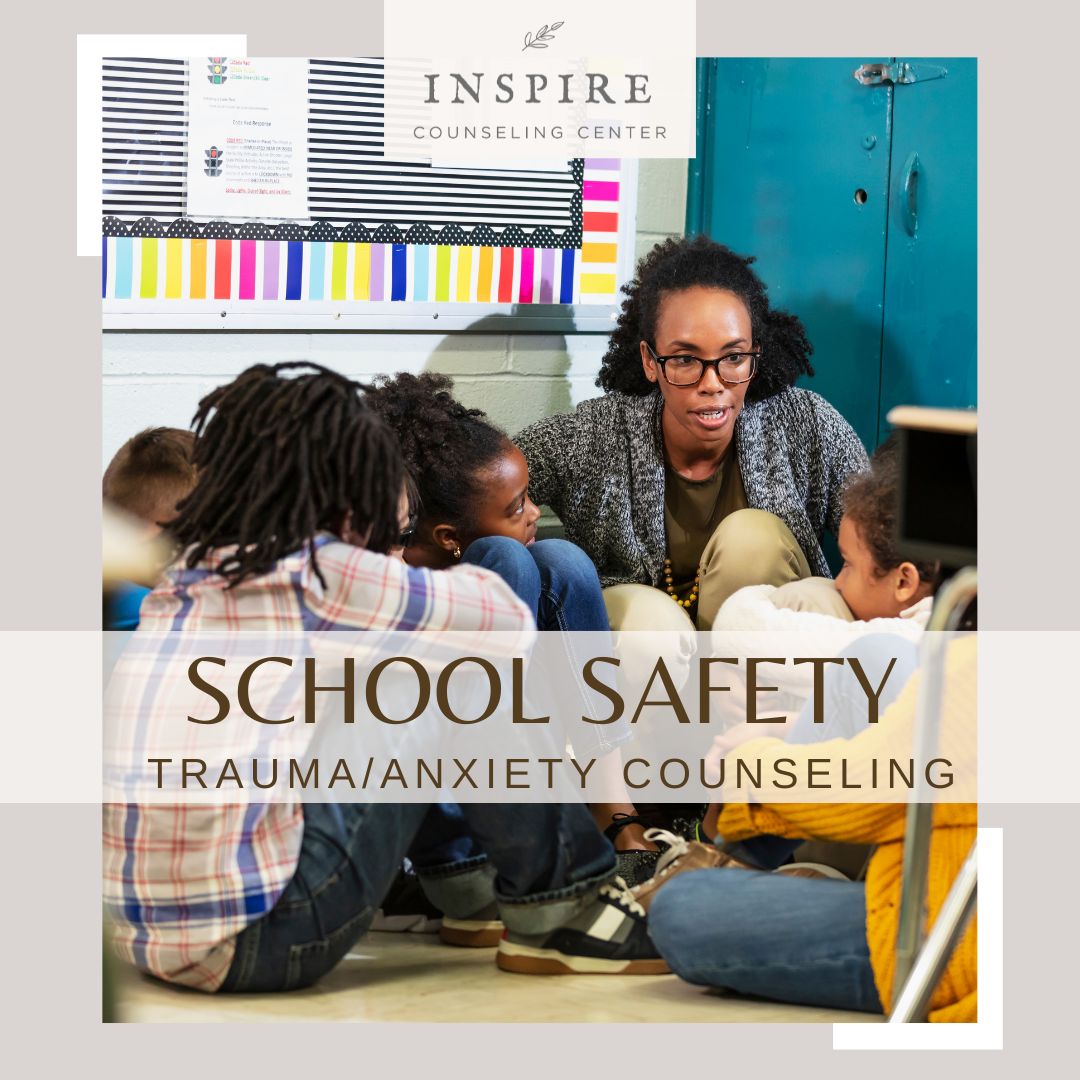
With all the random violence and senseless school shootings happening these days, most parents find themselves at a loss of how and when to talk to their kids about it. Some kids are almost desensitized to the subject, while others become hypervigilant and nervous. No matter how your kids respond, it’s only a matter of time before it becomes a topic of conversation. Talking to children about school shootings is a difficult but necessary conversation. Here are some guidelines to help you approach this sensitive topic with care and empathy:
1.) Create a Safe Environment
Choose a Calm Setting: Find a quiet, comfortable place to have the conversation where your child feels secure and undistracted. Talking before bed or while driving in the car are two of the most effective places to talk with kids and teens. Be Present: Give your full attention to your child, demonstrating that this is an important and serious topic.
2.) Gauge Their Understanding
Ask Open-Ended Questions: Start by asking what they know about school shootings. This helps you understand their current knowledge and misconceptions. Listen Actively: Pay attention to their feelings and thoughts without interrupting or dismissing their concerns.
3.) Provide Age-Appropriate Information
Be Honest but Gentle: Use simple and clear language appropriate for your child’s age. Avoid graphic details but be truthful about the reality of the situation. Reassure Their Safety: Emphasize the measures in place at their school to protect them, such as lockdown drills, security personnel, and emergency plans.
4.) Address Their Emotions
Validate Their Feelings: Let them know it’s okay to feel scared, confused, or angry. Everyone reacts differently to such news, and all feelings are valid. Offer Comfort: Reassure them that they can come to you with any worries or questions at any time.
5.) Remind them the Difference Between Probable and Possible.
While school shootings and random violence get a lot of attention, it can seem like it’s happening everywhere, all the time. This can be overwhelming and create a lot of anxiety. It’s important to help your child navigate that while something is possible, it doesn’t mean it’s probable. The majority of our lives are safe and secure. While we never know when something horrible can happen, most of the time it doesn’t happen. Focus on the good days, how many times they have been secure.
6.) Give their anxiety a job–Promote a Sense of Control
Put anxiety to work. Instead of spending energy worrying, give your anxiety a job to do by creating a safety plan. Encourage Safety Practices: Explain the importance of following school safety rules and participating in drills. Empower Them to Speak Up: Encourage them to report any suspicious behavior or talk to a trusted adult if they feel unsafe.
7.) Monitor Media Exposure
Limit News Consumption: Continuous exposure to news about school shootings can heighten anxiety. Monitor and limit their media consumption. Discuss Media Content: If they do see or hear news about a shooting, discuss it together to help them process the information.
8. )Seek Professional Help if Needed
Recognize Signs of Distress: If your child exhibits ongoing fear, anxiety, or behavioral changes, consider reaching out to a counselor or mental health professional.
9.) Stay Involved and Informed
Keep Communication Open: Regularly check in with your child about their feelings and experiences at school.Be Informed About School Policies: Understand your child’s school safety procedures and stay connected with teachers and school administrators.
By approaching this conversation with sensitivity and openness, you can help your child feel more secure and supported in the face of a challenging topic.
If you’d like to learn more, contact us at hello@inspirecounselingcenter.com or (847)-919-9096 x1.




